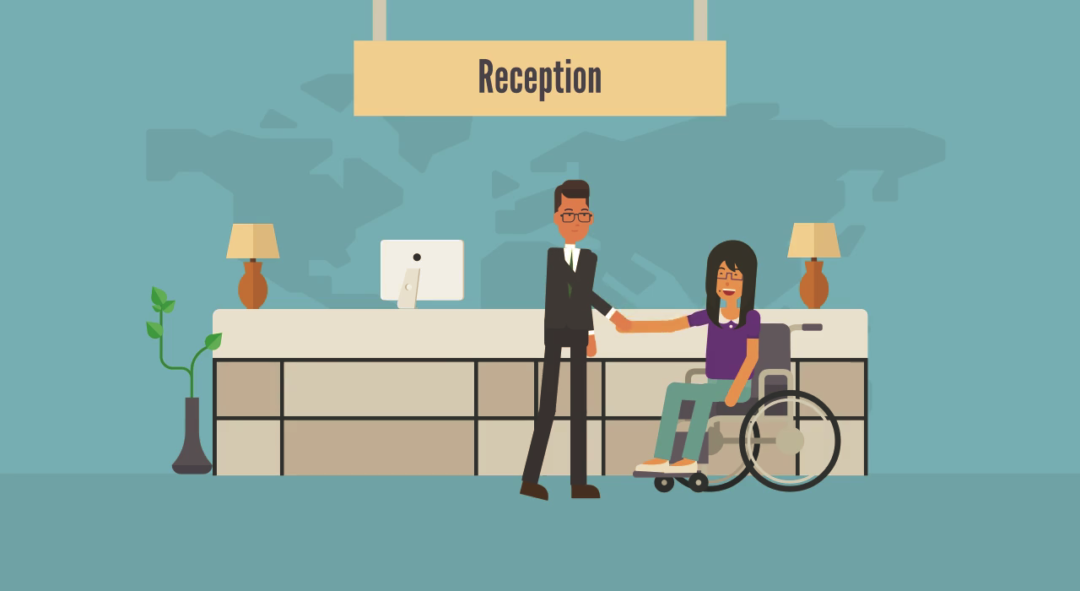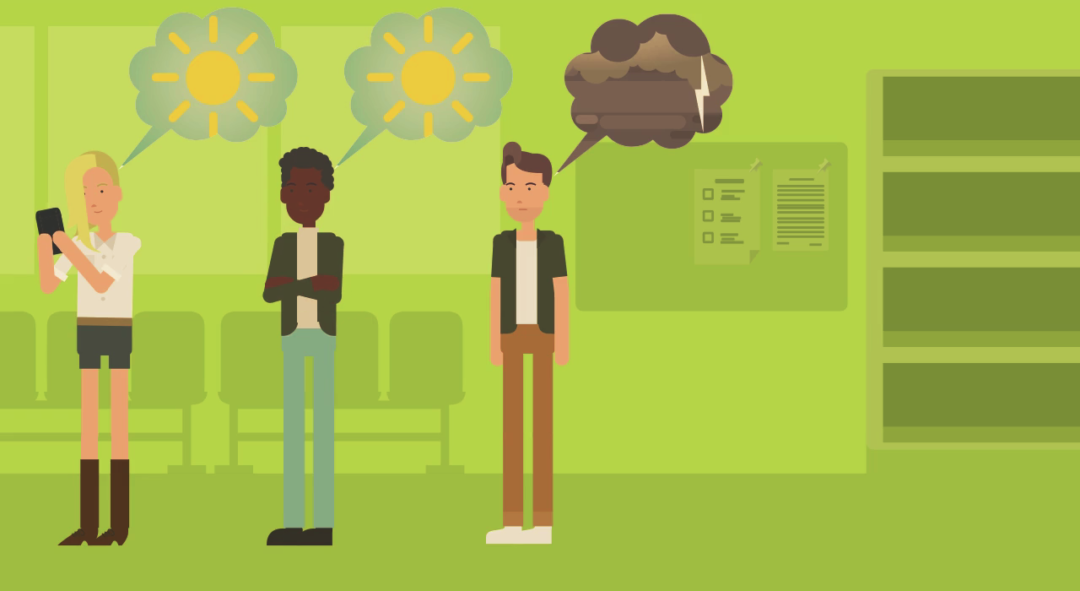Accessibility: Respect, Dignity and Empathy Part 2
Part 2 of our series on providing an accessible and great guest experience for everybody.
Last week we talked about how we can apply Awareness and Attitude into providing a guest with a great experience while also showing them respect and maintaining their dignity. This week we’re going to put into practice through the third “A”: Adaptability.
Adaptability means being able to successfully adjust to changing conditions. All of the training and research in the world is not going to be able to prepare you for every guest encounter you are going to have. Many encounters are probably going to be very similar, but sooner or later you are going to be in a situation in which you have no precedents because, remember, everybody is unique! In order to cater to everybody’s unique situation, you are going to have to make special arrangements, judgement calls and decisions that are within your power to make in order to provide the best guest experience that you can.
Your ability to BE adaptable is perhaps the most important skill in serving customers, but especially those that have disabilities. Awareness and Attitude are about HOW you serve somebody, but Adaptability is about WHAT you do to serve them. You could be the most aware person in the world or have the most caring attitude but if you don’t make accommodations for those that need them, your not doing the best job you could! Empathy is important but its not enough; you need to take action as well.

While there is no hard and fast rule for serving those with disabilities, there are a few general guidelines that you can follow
- Always speak directly to the customer, not to the attendant or companion they may have with them.
- Speak clearly and without covering or obscuring your mouth when serving those with a hearing disability
- Do not touch service animals. They are working and need to stay focused.
- Don’t assume someone needs help. Ask before offering to help someone.
- Be patient when speaking to customers and make sure they understand.
- If you don’t understand something, don’t pretend. Ask.
- Don’t let physical items such as desks or counters obstruct your communication.
- Be aware! If someone seems to be struggling physically or struggling to communicate, ask if there’s anything you can do to make them more comfortable.
For example, how might you communicate with a customer that is non-verbal. One method would be to ask them questions that can be answered with a “yes” or a “no”. If they are deaf as well as non-verbal, you could write notes to each other to communicate. If you know sign language, let them know! It’s important to be creative and sensitive without being demeaning.
Remember that all disabilities are not visible, such as those with developmental disabilities or mental health issues. Most people who have non-visible disabilities will probably let you know if they need special accommodations when communicating or during their stay. However, there may instances when guests don’t directly state their needs. While this can be a challenging situation for you, it is important to remember to maintain respect and uphold dignity by being aware, having an empathic attitude and being adaptable. if you sense that there is a communication breakdown, don’t keep trying the same strategy over and over again. This is frustrating for the guest as well as you. Change your methods in order to communicate better.
Important: DO NOT ASK SOMEBODY IF THEY HAVE A DISABILITY! This is considered incredibly rude and offensive. Remember to be empathic. If you were struggling with something and someone asked you if you had a disability, you probably wouldn’t like it. Be patient, be understanding and be sensitive. Adapt, don’t ask.

This blog entry is by no means a complete guide to assisting those with disabilities. It is an introduction to a broad topic that is constantly changing. Like any other skill, you have to take development into your own hands. Do your research. Read articles, watch videos and read the stories and accounts of those who live with disabilities to understand their struggles and gain some insight into how they might overcome them. You will not only learn how to better serve those living with disabilities, but all of your guests through being more Aware, having the right Attitude and being Adaptable. Remember, everybody has their strengths and weaknesses. We all could do with a little more patience and understanding. Strive to provide EVERYBODY with the best and most comfortable experience you can offer. That, after all, is what this industry is all about.
You might not have recognized a few words or expressions in this blog post. Here’s a quick reference to help you out:
- Precedents- An earlier event or action that is regarded as an example or guide to be considered in similar situations.
- Non-verbal- Someone who is unable to speak.
- “Hard and fast rule”- An expression meaning that there are no fixed guidelines or rules.
- Demeaning- Causing someone to lose their dignity and the respect of others.
Source: Psychology Today: “Mom, Am I Disabled?”
https://www.psychologytoday.com/ca/blog/mom-am-i-disabled/201611/mom-am-i-disabled
Source: Loyalist Township: Accessible Customer Service
https://www.loyalisttownship.ca/default/assets/File/ProcAccesscustser.pdf